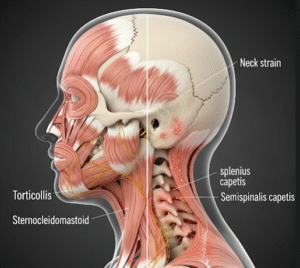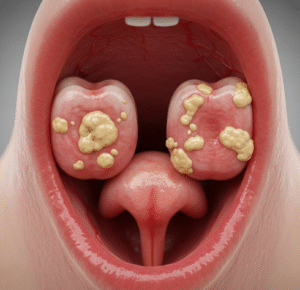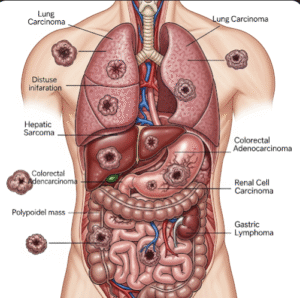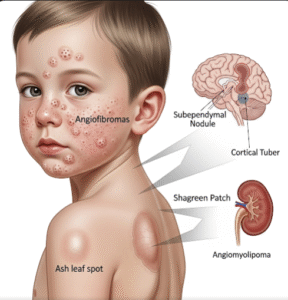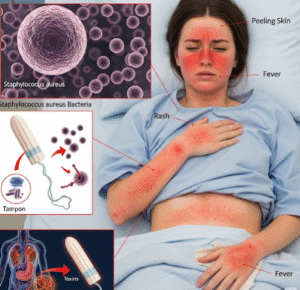Overview
Gastroenteritis, commonly known as gastro, is an inflammation of the stomach and intestines that causes diarrhea, vomiting, abdominal pain, and cramps. It is typically caused by infections from viruses, bacteria, or parasites. While usually self-limiting, gastroenteritis can cause dehydration and severe illness, especially in children, the elderly, and immunocompromised individuals. South Korea provides comprehensive medical care to effectively diagnose and manage gastroenteritis cases.
What is Gastroenteritis?
Gastroenteritis is the inflammation of the gastrointestinal tract primarily involving the stomach and small intestine. It results from infections caused by a variety of pathogens or, less commonly, by non-infectious factors like medications or toxins. The condition leads to rapid onset of symptoms and can range from mild discomfort to severe dehydration.
Symptoms
- Watery diarrhea
- Nausea and vomiting
- Abdominal cramps and pain
- Fever (sometimes)
- Headache and muscle aches
- Dehydration signs: dry mouth, decreased urination, dizziness
Causes
- Viral infections (most common): Norovirus, Rotavirus, Adenovirus
- Bacterial infections: Salmonella, Escherichia coli (E. coli), Campylobacter, Shigella
- Parasitic infections: Giardia, Cryptosporidium
- Food poisoning from toxins or contaminated food and water
- Certain medications (e.g., antibiotics causing diarrhea)
Risk Factors
- Poor hygiene and sanitation
- Consuming contaminated food or water
- Close contact with infected individuals
- Travel to areas with poor sanitation
- Weakened immune system
- Young children and elderly
Complications
- Severe dehydration requiring hospitalization
- Electrolyte imbalances
- Kidney failure (rare)
- Malnutrition in prolonged illness
- Secondary infections
Prevention
- Practice proper hand hygiene with soap and water
- Drink safe, clean water and avoid questionable food sources
- Proper food handling and cooking
- Vaccination against Rotavirus for infants
- Avoid close contact with infected individuals
Treatment Options in Korea
South Korea offers excellent healthcare services for gastroenteritis with modern diagnostics and effective treatment strategies:
- Diagnosis
- Clinical evaluation of symptoms
- Stool tests to identify causative pathogens
- Blood tests to assess dehydration and complications
- Medical Treatment
- Oral rehydration therapy (ORT) to prevent and treat dehydration
- Intravenous fluids for severe dehydration cases
- Antiemetics to control vomiting
- Antibiotics only when bacterial infection is confirmed or highly suspected
- Antiparasitic medications if parasites are identified
- Supportive Care
- Rest and gradual return to normal diet
- Monitoring for dehydration and complications
- Hospital Care
- Available in major hospitals like Seoul National University Hospital, Samsung Medical Center, and Asan Medical Center for severe cases or vulnerable patients
- Public Health Measures
- Korean health authorities monitor outbreaks and enforce food safety regulations
- Public education campaigns on hygiene and sanitation





